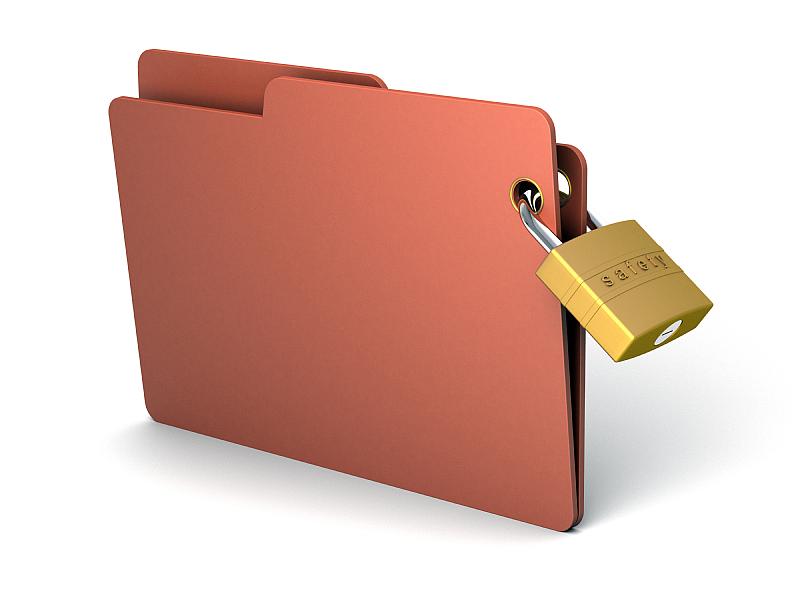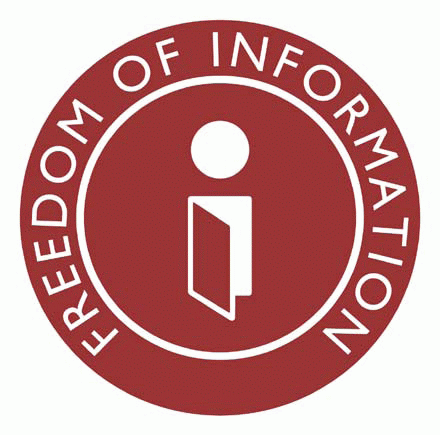Press badge should not be a barrier to public information

 Journalists hate hoops.
Journalists hate hoops.
They don't have time to jump through hoops if they are going to make a deadline on a drug approval story, post an update to yesterday's E. coli outbreak story and still find time to finish that weekender they were supposed to have ready for last weekend.
When I wrote last week about my own hatred of hoops that public agencies often make reporters jump through for access to public records, the reaction among other reporters was close to unanimous. No one should have to cite a public records law to gain access to records, said colleagues of mine from outlets in Seattle, St. Louise, Providence and elsewhere. Some interesting thoughts from people I polled are below. I also received a very strong counterargument to my no-FOIA preference from Marshall Allen at ProPublica, and I will post that on Friday.
Susan Kelleher, The Seattle Times
"I think public records should be made readily available without a request. I think that agencies should strive to make records available electronically, and that agencies should create standard forms that don't include extraneous information (for example, using Social Security Numbers for employee IDs) that delay the release and add a layer of review that would be unnecessary if they assigned everyone a number that did not have to be redacted."
Felice J. Freyer, The Providence Journal
"I don't think anyone should be required to name the law in order to get information they're entitled to. That puts those without legal knowledge at a disadvantage. Furthermore, I can't think of any reason why an agency would require that except as a form of obstructionism or harassment. When government agencies refuse to hand over requested documents, reporters invoke the law to force their hand.
Going through the official channels clarifies expectations and obligations, ensures that the person in charge of public records gets your request, and gives you something solid to refer to in your story if records are withheld. I realize that doesn't always work and there are often absurd delays, but if they won't give you the documents after an informal request, I don't get what is accomplished by refusing to invoke the law. To me, the bigger issues are the prohibitively high fees that some states are charging for public records and the ridiculously long delays that often occur on the federal level."
Ronald Campbell, The Orange County Register
"I ask for information first and then bring out the heavy guns, FOIA or CPRA, only when the agency demands that I do so. Typically this occurs when I encounter resistance. As a reporter, I feel I should be treated exactly like an ordinary citizen when I ask for information. I do not believe I am entitled to information that is denied to a citizen, though I am not surprised when an elected official personally returns my call. I am not naïve. By the same token, I do not believe that as a reporter I should have to jump through extra hoops merely because I carry a press badge."
Blythe Bernhard, the St. Louis Post-Dispatch:
"I don't think anyone should have to cite laws in order to see records. I also don't think you should have to ask nicely. But it doesn't hurt, and if it helps get the records and get them faster, I'll do what I have to do. Once you develop a relationship with a government source, the requests can become less formal."
Tune in Friday for Marshall Allen's response and see why he thinks dealing with state and federal agencies is like dealing with a developing world bureaucracy.
Related Posts:
Viewing Public Records Should Be As Easy As Casting Your Vote
Photo credit: U.S. Department of Defense via Wikimedia Commons

